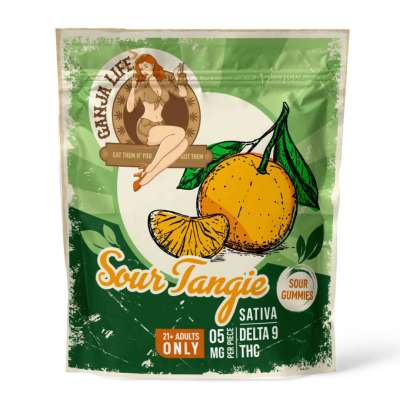
anomalien.com
Frozen Dunes on Mars Hold Clues to Water and Potential Life
NASA’s Mars Reconnaissance Orbiter (MRO) has captured stunning images of frozen sand dunes, nicknamed “kidney beans,” trapped in Mars’ northern hemisphere.
These frosty formations, photographed in September 2022 and released in December 2024, offer clues about the planet’s potential for past life.
Unlike Earth’s ever-shifting dunes, Mars’ sand dunes remain motionless during the planet’s northern winter. A layer of carbon dioxide frost blankets them, halting wind-driven sand migration.
As spring approaches and temperatures rise, the frost sublimates, allowing the dunes to move again. These frozen features provide scientists with valuable insight into Mars’ seasonal changes and its ancient climate.
Although the frost is composed of carbon dioxide rather than water, studying it helps researchers assess whether Mars once had liquid water.
The planet’s axial tilt, which wobbles significantly over millions of years, drastically alters its climate and seasons.
When Mars tilts more toward the sun, carbon dioxide ice sublimates on a large scale, creating a thicker atmosphere. This denser atmosphere could have allowed liquid water to exist for extended periods, potentially supporting microbial life.
The images also highlight the impact of frost cycles on Mars’ surface. Understanding how carbon dioxide frost forms and dissipates helps researchers identify geologic features linked to past climate shifts. These clues provide a window into the Red Planet’s history and its potential habitability.
Periods of stable liquid water in Mars’ past would have increased the likelihood of life evolving there.
While no direct evidence of life has been found, the ongoing study of frost-covered dunes and their seasonal changes brings us closer to unraveling Mars’ mysteries. If microbial life ever existed, it might still be hiding in the planet’s subsurface today, waiting to be discovered.
The post Frozen Dunes on Mars Hold Clues to Water and Potential Life appeared first on Anomalien.com.














